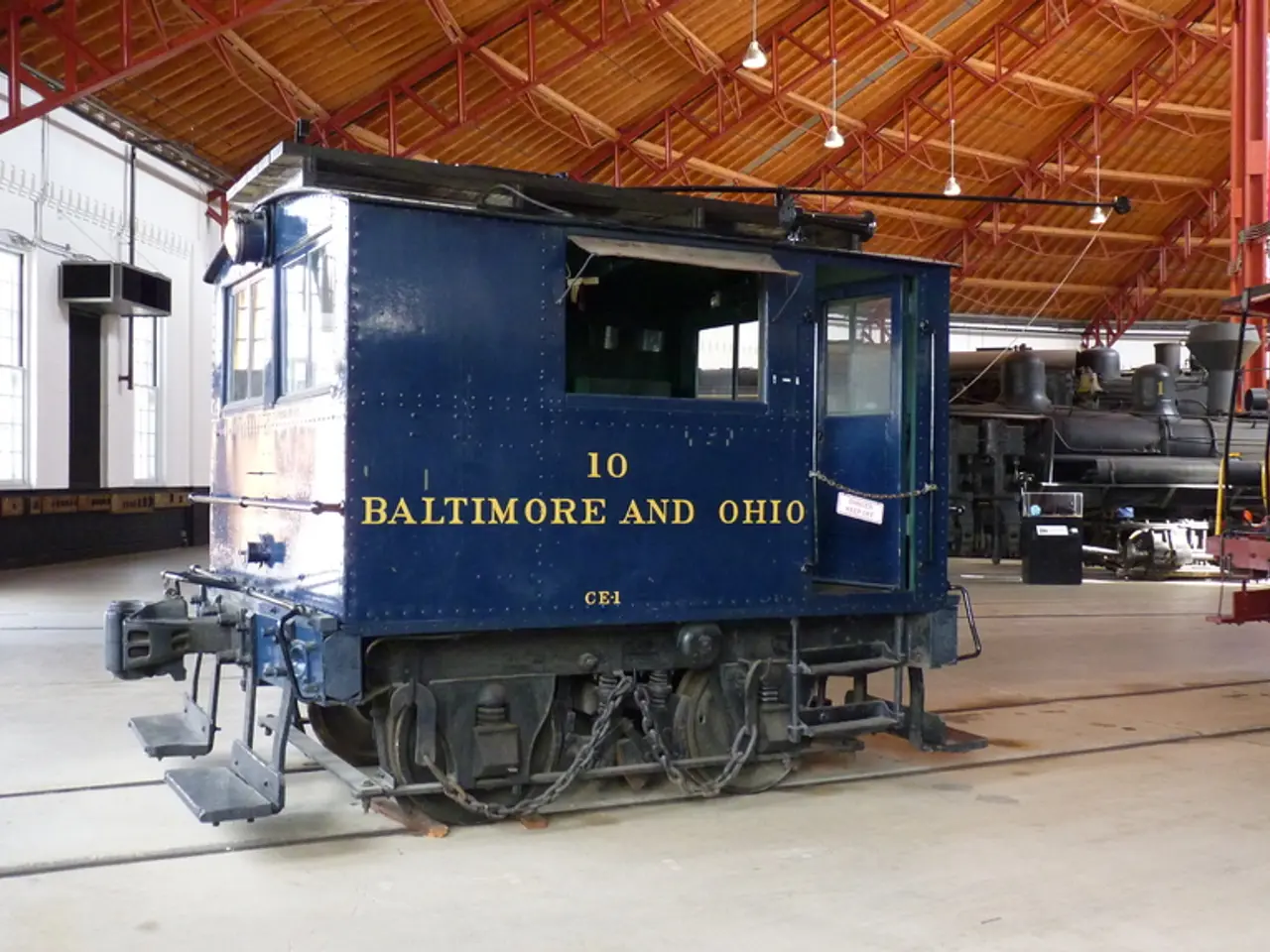Railway expansion and modernisation in Bremen port completed at a cost of EUR 56.1 million
In a strategic move to enhance the efficiency and competitiveness of Bremen's harbour location, the Senate of the Free Hanseatic City of Bremen and the Harbour Committee have decided to expand the Bremen Harbour Railway. The project, which is part of the DB Digitalisation Offensive, is expected to cost approximately 56.1 million euros and will include a seven-track addition to the currently 16-track Speckenbüttel station in Bremen.
The modernisation and expansion are designed to accommodate increasingly longer trains and secure the performance of the Bremen harbour location. More than half of the containers handled in Bremerhaven are transported by rail, making the efficiency and reliability of rail freight traffic a top priority.
The Speckenbüttel station infrastructure in Bremen will be integrated into a central electronic control centre (ESTW) as part of the DB InfraGO AG digitalisation offensive. This integration is a logical step following the switch to the digital harbour railway operating system Prinos, and it is presumed that the project will feature digital signalling upgrades and automation, similar to other large-scale German rail projects.
The new track group will have a minimum length of 740 metres, and the infrastructure will be updated with modern equipment such as brake test facilities, switch heaters, and improved track field lighting. The expansion of the marshalling capacities in Speckenbüttel station is a focus of the project.
Henry Behrends, responsible for the harbour railway area, believes the project will be completed in time for the general renovation of the DB high-performance corridor Bremen-Bremerhaven, avoiding possible bottlenecks during construction. The measures are intended to increase capacity, improve efficiency, and contribute to achieving climate goals, setting a sign for sustainable freight transport and ecological transformation.
The digitalisation offensive aims to increase the efficiency and reliability of rail freight traffic, and the expansion and modernisation of the Bremen Harbour Railway align perfectly with this objective. The project is expected to further increase the efficiency and reliability of rail freight traffic in Bremen, securing the performance of the Bremen harbour location and positioning it for continued success in the future.
The expansion of the Bremen Harbour Railway is designed to accommodate longer trains, aligning with the digitalisation offensive's aim to increase rail freight traffic efficiency and reliability. This project, focusing on the Speckenbüttel station, will include digital signalling upgrades, automation, and modern equipment, positioning the Bremen harbour for continued success in both finance and transportation industries, as well as contributing to climate goals.




